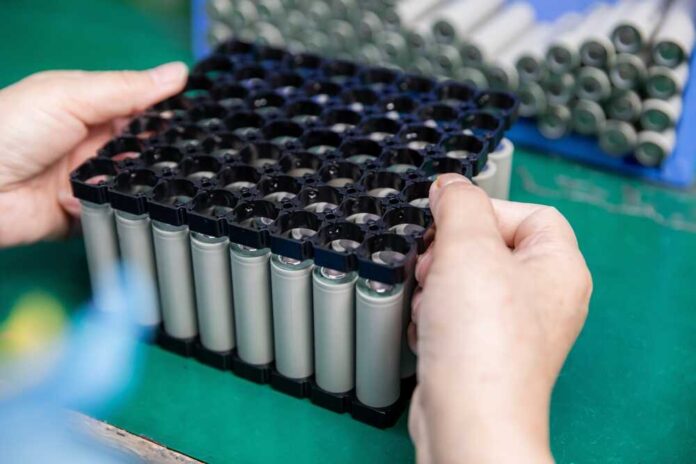Construction of a roughly 550-acre electric vehicle (EV) battery facility, a $7.9 billion gigaproject of Chinese industry, is underway in an eastern Hungarian hamlet.
Locals, green groups, and political opponents are worried that the plant would worsen the environment, deplete freshwater resources, and damage the country’s already tenuous economic standing with China. The hottest summer scorched Hungary, causing nearly 2.5 million acres of farmland to fail. Experts warn that much of the land will soon be unfit for agriculture unless a thorough water retention strategy is implemented. They worry that the plant’s need for vast amounts of water to cool its machinery would jeopardize its water supply and that chemicals used in the plant might seep into the ground and pollute it.
The government of Hungary is making a concerted effort to attract investments in the electric vehicle (EV) battery industry in light of the European Union’s plans to end the production of cars powered by internal combustion engines by 2035.
As part of the government’s aim to service multinational automakers present in Hungary as they switch to battery-powered vehicles, CATL will build a 100 GWh battery facility in Debrecen, with the expectation that it will generate roughly 9,000 jobs.
The push to recruit battery manufacturers makes excellent sense for Hungary’s economy, says auto industry analyst Gabor Varkonyi. However, enough research hasn’t been done on the long-term effects on Hungary’s air, land, and water.
The water usage and emissions for the entire facility are not shown in the licensing process for the first phase of manufacturing in Debrecen. The industrial park is estimated to use more than 40,000 cubic meters (10.5 million gallons) of water per day, putting significant strain on an area already struggling with a severe water shortage.
The environmental impact analysis for the facility’s first phase did not include CATL’s claim that 70 percent of its water use will come from gray water. Others argue that the investment would strengthen China’s position in Central Europe.
The people who live in the countryside around Debrecen are concerned about the plant’s potential adverse effects on their quality of life and the environment.














